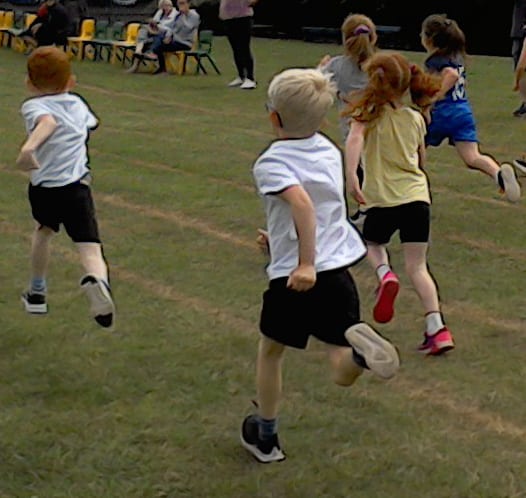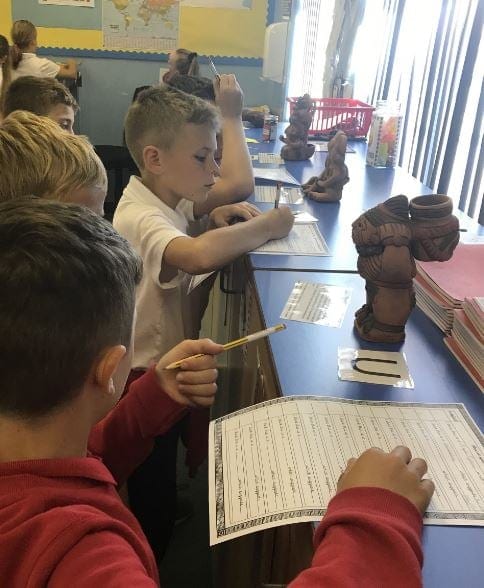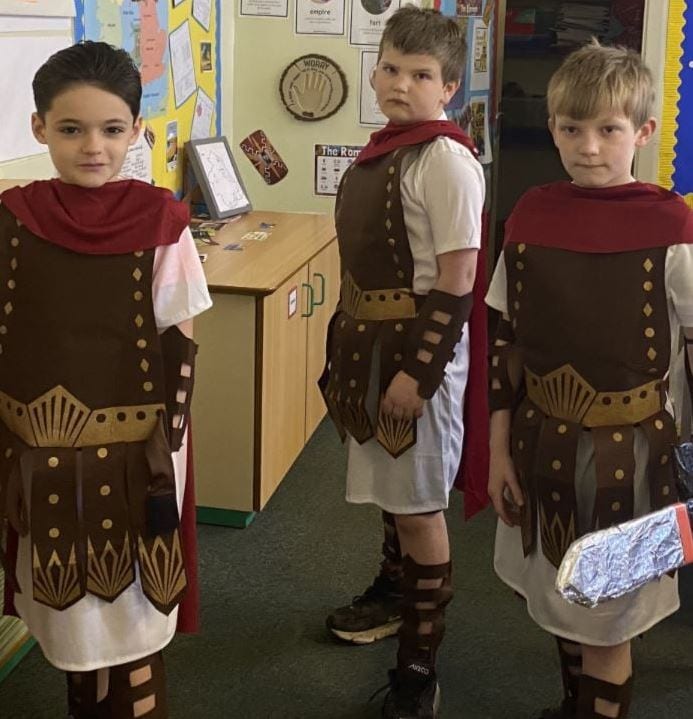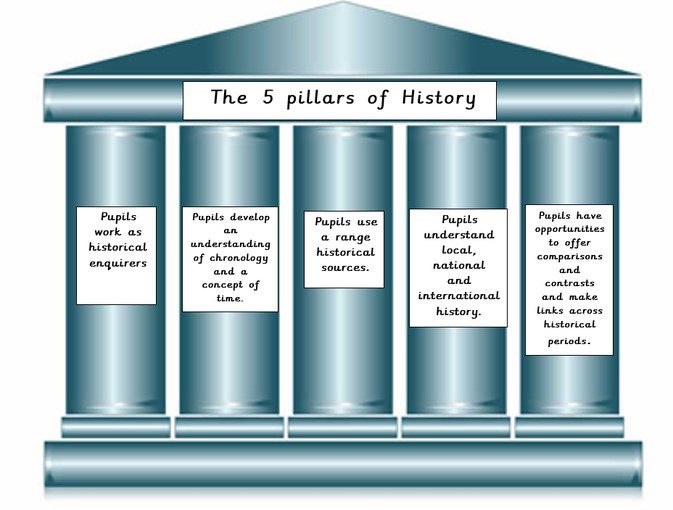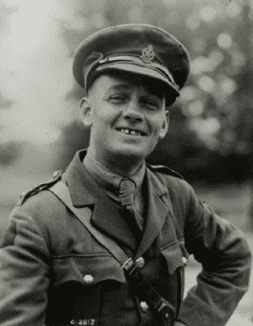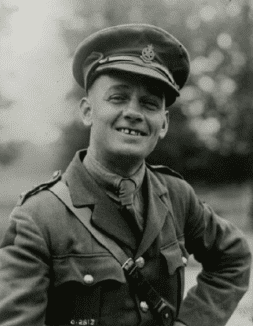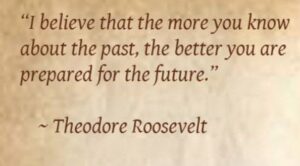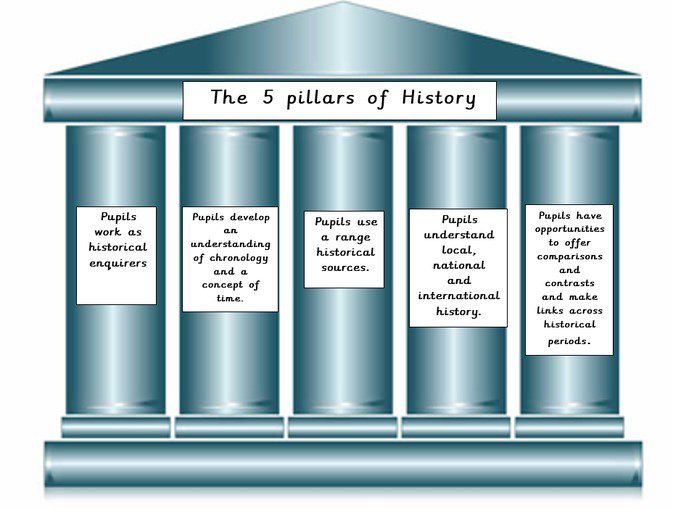Subject Leader – Miss Smith

Willington Primary School History Rationale
Through our history lessons at Willington Primary, we aim to ignite our children’s curiosity about the past and how it has shaped the world in which we live today. We believe that a well-rounded History curriculum will allow children to gain a clear knowledge and understanding of Britain’s past and that of the wider world.
‘History‘ is a Greek word which means, literally, just ‘investigation’. Arnold Toynbee ·
History teaching at Willington Primary, focuses on enabling children to think like historians. Our curriculum is planned to ensure historical substantive knowledge is taught alongside the development of subject specific disciplinary knowledge and skills including; understanding chronology; interpretations of evidence; changes within a time and across time periods; and cause and consequence.
We want pupils to be able to ask questions about the past, analyse evidence, think critically, appreciate different perspectives and develop informed judgements. Our pupils are taught to communicate as historians; we provide our pupils with the vocabulary and oracy skills they need to be able to do this. At Willington Primary School, our pupils are encouraged to build relationships throughout our curriculum; in History children work together as a team to carry out historical enquiries. Pupils will learn to challenge their own and other’s views and preconceptions through appropriate and accurate historical enquiry using a range of sources.
Knowing our history is part of British Values
At Willington Primary School, we aim to take our pupils beyond the National Curriculum and promote their cultural capital in as many diverse ways as possible. In history, this involves providing experiences and trips so pupils can develop first-hand experience of being a historian. We make links to other curriculum subjects such as Geography and Art
Our curriculum reflects our locality and endeavours to ensure children are knowledgeable about Willington and Durham’s history as well as the changes it has seen. In addition to this, we recognise the important role that History plays in preparing our children with skills that they can use for life, raising their aspirations, understand how to be a good and responsible citizen, understanding change and societal development and a context in which to understand themselves and others. This is extremely important for children at Willington Primary in allowing them access to a much wider world
“History, the study of the past, is all around us; we are continually making history through our thoughts, words and actions. History is personal and global; it is everyday life and momentous occasions. History is about people.’ Historical Association
Through the teaching of History, we endeavour to teach children to understand the complexity of people’s lives, the process of change, the diversity of societies and relationships between different groups, as well as their own identity and the challenges of their time. We believe that teaching History in this way is important in broadening children’s horizons, challenging preconceived ideas and developing life skills in order to prepare them for secondary school and beyond.
Our Curriculum Intent
At Willington Primary School, our history curriculum has been carefully designed and sequenced to provide pupils with a secure, coherent knowledge of local, British and world history. At all stages, the curriculum links to previous content and concepts and identifies later links.
Each unit of work is planned carefully to ensure concepts are taught in optimal order to support children’s understanding. All units are underpinned by substantive knowledge and vocabulary whilst ensuring children developing their disciplinary knowledge (historical skills). Each unit of work has an emphasis on historical enquiry where children investigate questions. In addition to substantive and disciplinary knowledge, children will development their experiential knowledge through visits, handling artefacts and engaging in carefully planned fieldwork.
In Key Stage 1, the sequence of learning begins with our pupil’s living memory, looking at familiar features in the recent past and then gradually beyond living memory. A local thread runs through the content choices in Key Stage 1 to build on pupil’s prior knowledge and lay the foundations for future learning.
In Key Stage 2, knowledge is sequenced chronologically from the Stone Age through to the Vikings in Year 5. Local history is an important dimension to our curriculum: Year 4 visit Binchester (a local Roman villa); Year 5 have a local study linked to mining in this area with an excursion to Beamish; Year 6 study the life of George Burdon McKean, a local man, who won the Victoria Cross. Thematic studies of changes in the lives of children, and crime and punishment over time, have been deliberately placed at Upper Key Stage 2 to allow reconnection to prior learning.
Our 5 Pillars of History
History lessons, at Willington Primary, are underpinned by our 5 pillars of history allowing pupils to know more and do more, as well as encouraging children to work as historians. Through an enquiry-based approach, children are encouraged to explore historically valid questions and report their findings. Alongside the development of substantive knowledge, children will develop their disciplinary skills as they learn the fundamental elements of what is it to be a historian.
Implementation – How will we deliver the curriculum?
Our ‘Golden Threads’
Woven within our curriculum are our ‘Golden Threads’. These are specifically chosen historical concepts which the children revisit throughout Key Stage 1 and 2. Revisiting historical concepts, allows pupils to build on previously taught learning, developing their understanding and knowledge of each golden thread, whilst observing how the concepts change through time. Our ‘Golden Threads’, are organised into areas which we feel will provide coherence throughout the curriculum and support children in building knowledge and making learning stick.
At Willington Primary, our ‘Golden threads’ include: chronology, advancements, achievements, invasion & settlement, change and continuity, housing, trade and local history.
Valuing Our Local History
We believe that our pupils should be explicitly taught our local history in order for them to have a rich understanding of their local heritage. For example, pupils in Year 4 visit the remains of a bath house at Binchester, to understand what life was like for the Romans in County Durham. In Year 5, pupils learn about why the population of our area grew rapidly within a 50-year period by looking at the development of mining and the impact this had on Willington and Crook. In Year 6, pupils visit the local war memorial which celebrates an award of the Victoria Cross to a local man, George Burdon McKean.

The History of Willington Primary School
Click here to view the history of Willington Primary School.
Time Detectives
Our Year 5 class is taking part in Northern Heartlands’ Hidden Heritage of Willington Project ‘Time Detectives’. The project is fully funded by National Lottery Heritage Fund, Willington Town Council and Durham County Council. It provides opportunities for our pupils to jump feet first into our local history with the aim that children will feel more connected to their locality. Click here to view our time travel adventures!
Enquiry Based Learning
In Key stage 2, each unit of work is structured around an overarching enquiry question. The enquiry question is broken down into specific, smaller questions, which create clear, progressive steps throughout the historical unit. This carefully sequenced learning allows the children to answer the question by the end of the topic.
Linking Curriculum and Pedagogy
We have developed our pedagogy and curriculum to make learning stick. At the heart of our approach is retrieval practice and recapping. Retrieval practice occurs at the beginning of each history lesson and provides the opportunity for children to recall previously taught knowledge; for example, the lesson may begin with a quiz which will practise the recall of key facts from prior learning. Units of work refer to learning from previous units to enable children to grapple with historical concepts such as ‘continuity and change’, and ‘similarity and difference’. For example, when studying the Vikings in Year 5, children make comparisons between Roman Britain (studied in Year 4) and Anglo-Saxon Britain.
Trips and Visits
We intend our children to have real life experiences and learn about History in an active and creative way and therefore visitors and trips form a fundamental part of our curriculum. Trips include visits to Raby castle, Locomotion at Shildon, Binchester bath house, Durham Cathedral and Beamish Museum. Links to Geography and other subject areas are also explored. Throughout their school journey, children are provided with a wealth of enrichment opportunities which endeavour to consolidate and deepen their existing historical knowledge from the classroom. These opportunities inspire and ignite the children’s’ natural curiosity for this subject and their understanding of Local, National and Worldwide historical studies from ancient civilisations to beyond 1066.
